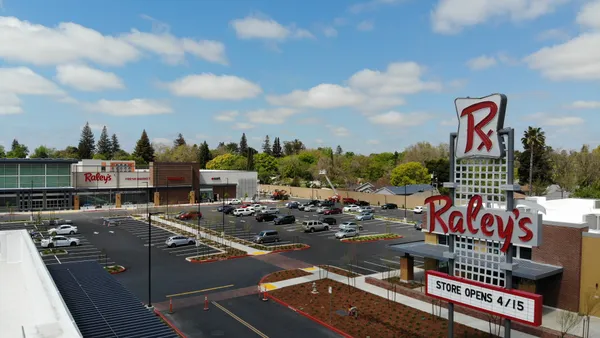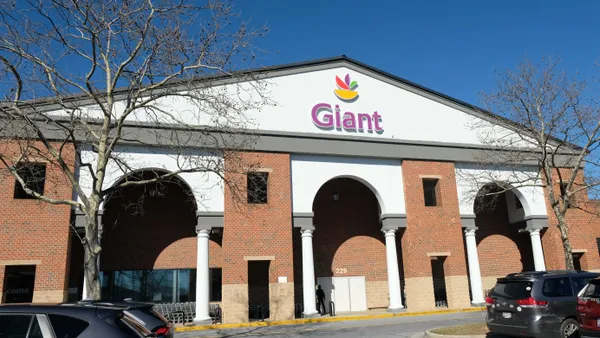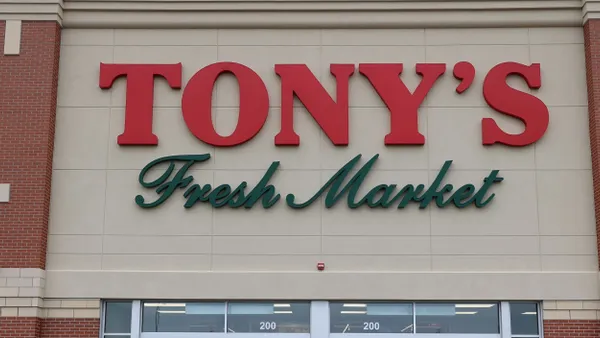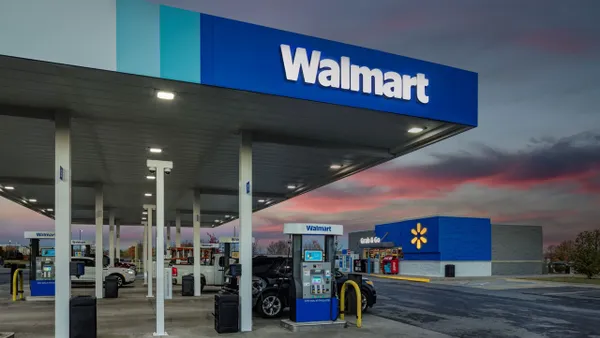Dive Brief:
- Minnesota Governor, Tim Walz, has designated “food distribution workers,” which includes people who work in grocery stores, as emergency workers, CNN reported. The decision means food retail employees such as clerks and stockers will be covered by an executive order Walz issued last Sunday that directs the state’s school districts to provide care to children of emergency personnel.
- Vermont is preparing to classify grocery store employees as emergency personnel. The state’s governor, Phil Scott, ordered the state’s schools on Tuesday to provide child care to people in this category, which already includes first responders, law enforcement officials and public health workers.
- Michigan is also extending emergency status to grocery workers, according to a statement from the United Food and Commercial Workers International Union.
Dive Insight:
The moves by the three states to classify grocery store employees as emergency personnel comes as the industry is pulling out all the stops in an effort to provide food and other essential goods to the nation’s population as the coronavirus crisis expands. While people in other industries are being told to stay home, grocery workers must report to their jobs.
Grocery stores have been specifically exempted from government orders closing other businesses, such as restaurants and bars, reflecting their critical role currently. The promise of child care coverage could be a big boost to the industry's workers as they, like much of the nation, struggle with school closures while maintaining regular work schedules. It could also help attract more help as food retailers and delivery providers, from Walmart to Shipt, ramp up hiring to try to keep up with crushing demand both in-stores and online — especially if more states make similar designations.
Many grocery stores are taking steps to provide extra support to their workers as they confront risks to their personal safety in the course of performing their jobs. Grocers such as Kroger, Lidl and Walmart will provide up to two weeks of pay to workers who are unable to show up for work because they test positive for the virus or are placed under quarantine. Some stores are also providing higher hourly pay to their employees as they struggle to take care of their personal needs even as they perform tasks to help keep the nation’s population supplied with food.













